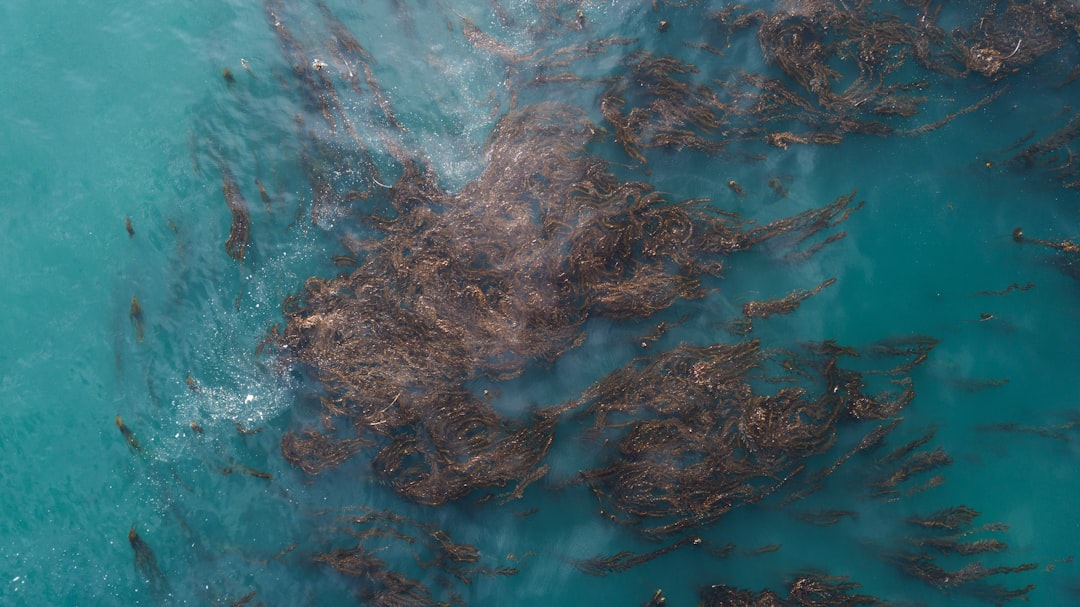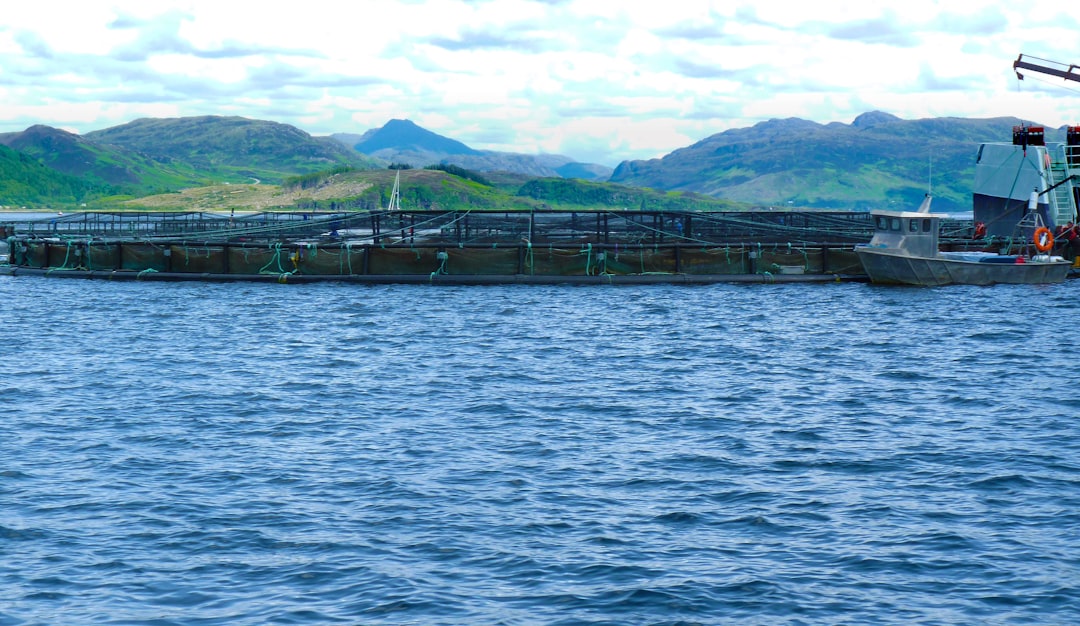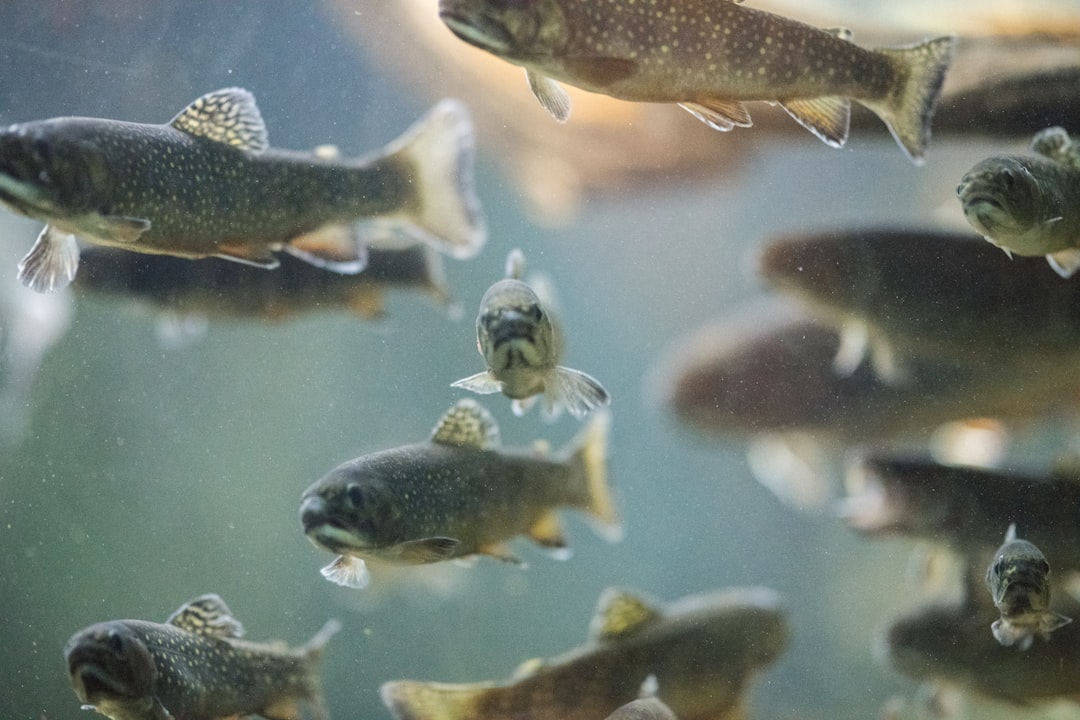What is it about?
Aquaculture is one of the fastest growing food producing sectors in the world. The increase in the world population requires faster growth in aquaculture for better food availability and to overcome malnutrition. But this worldwide growth of aquaculture is overwhelmed by catastrophic fish diseases and spoilage during cultivation and preservation problems caused by pathogenic bacteria.
Featured Image
Why is it important?
This paper highlighted where further research is a prerequisite to increase our basic understanding and search for novel bacteriocins to elucidate the proteins/peptides having antimicrobial properties for disease control in aquaculture as an alternative to antibiotics
Perspectives
Due to the emergence of antibiotic resistance and adverse effects, an alternative to antibiotic is the need of the hour. The proteins such as bacteriocins, i.e. ribosomally synthesized antimicrobial peptides (AMPs) and possess antagonistic against closely related and other bacteria. These proteins are produced by most lineages of bacteria which are playing key roles in recognition and possess a cognate immunity system for self‐protection as well as host protection from infections.
Dr Sriram Seshadri
Nirma University of Science and Technology
Read the Original
This page is a summary of: Bacteriocins and their applications for the treatment of bacterial diseases in aquaculture: a review, Aquaculture Research, August 2014, Wiley,
DOI: 10.1111/are.12556.
You can read the full text:
Contributors
The following have contributed to this page










